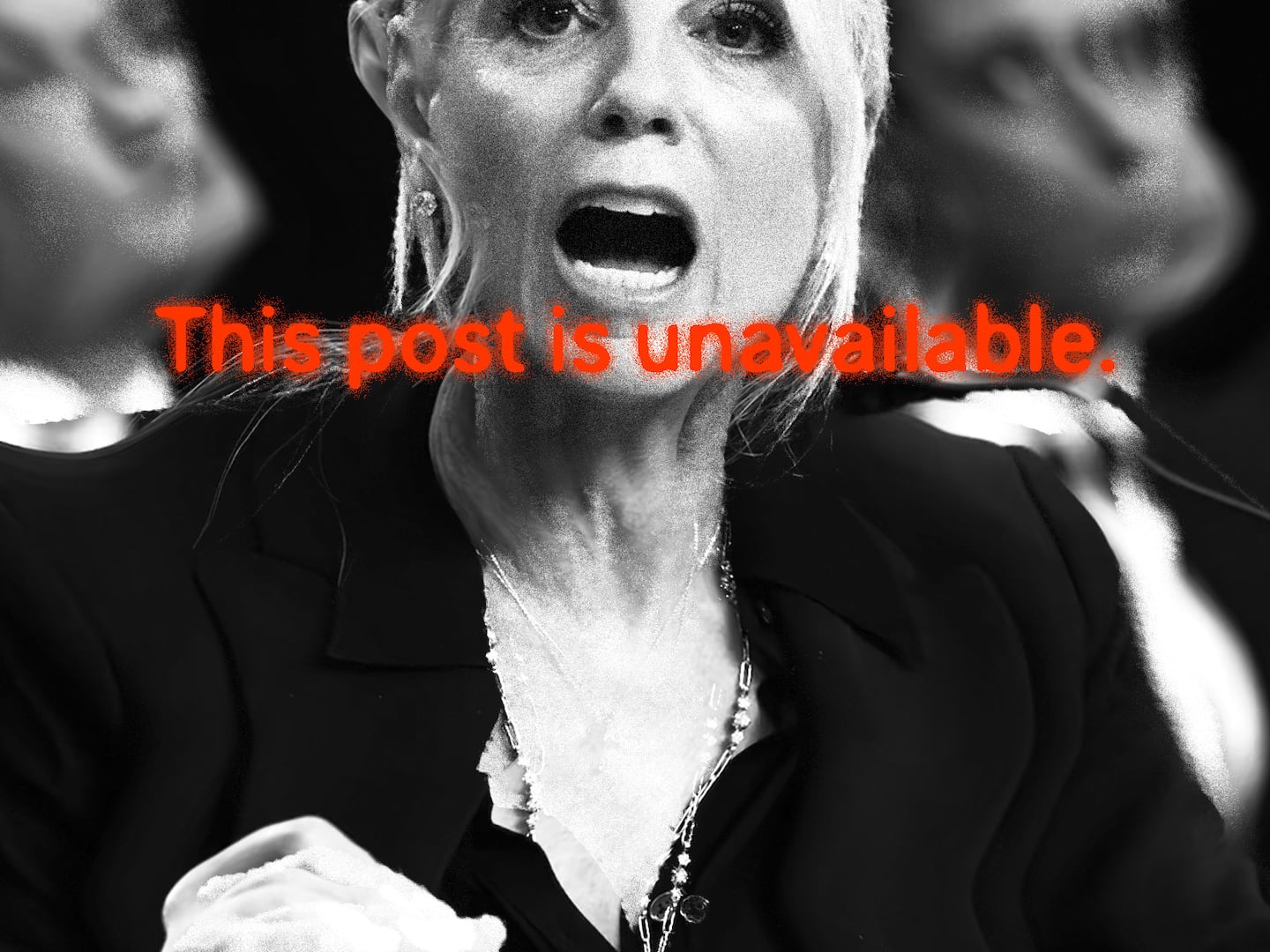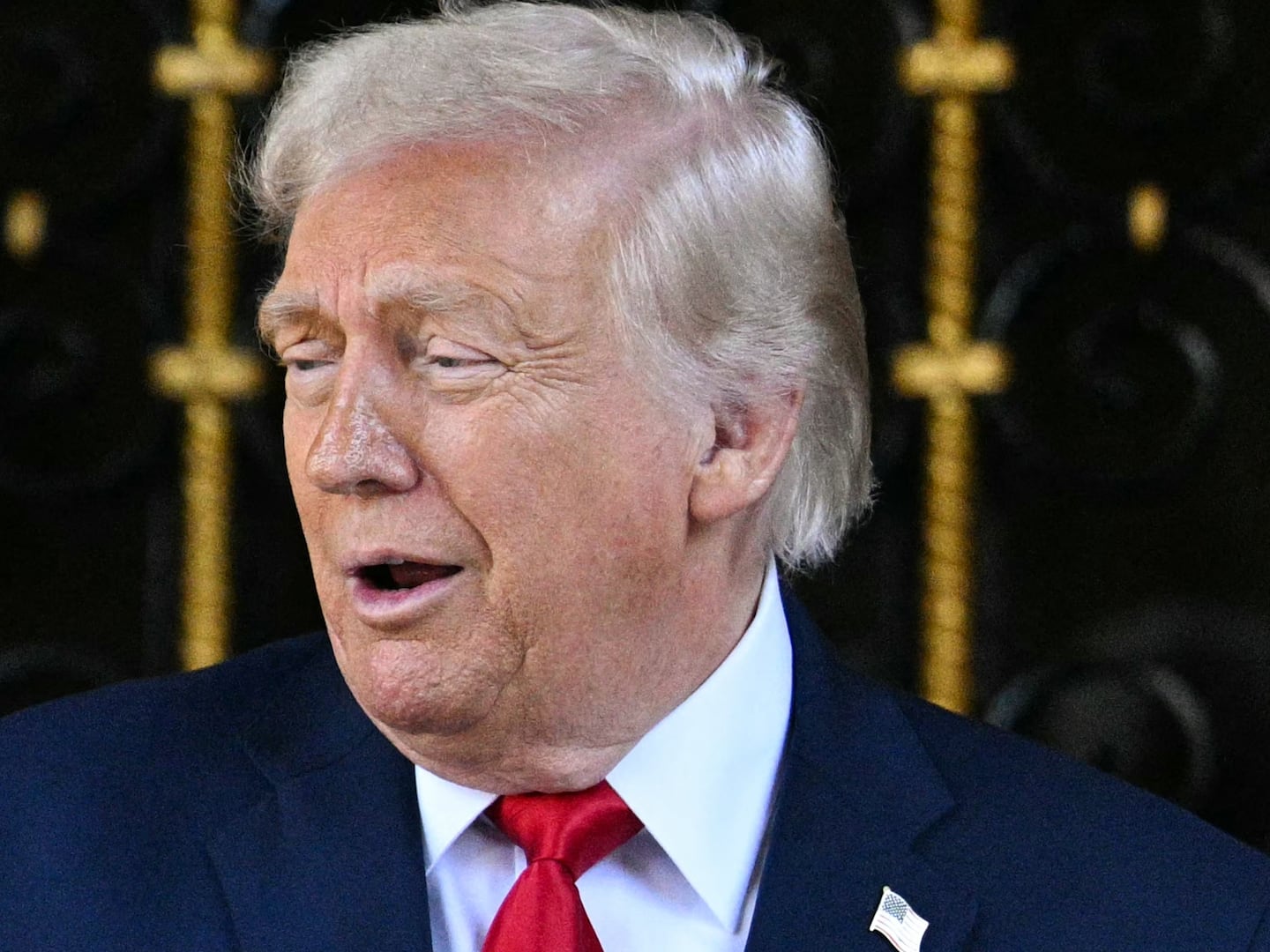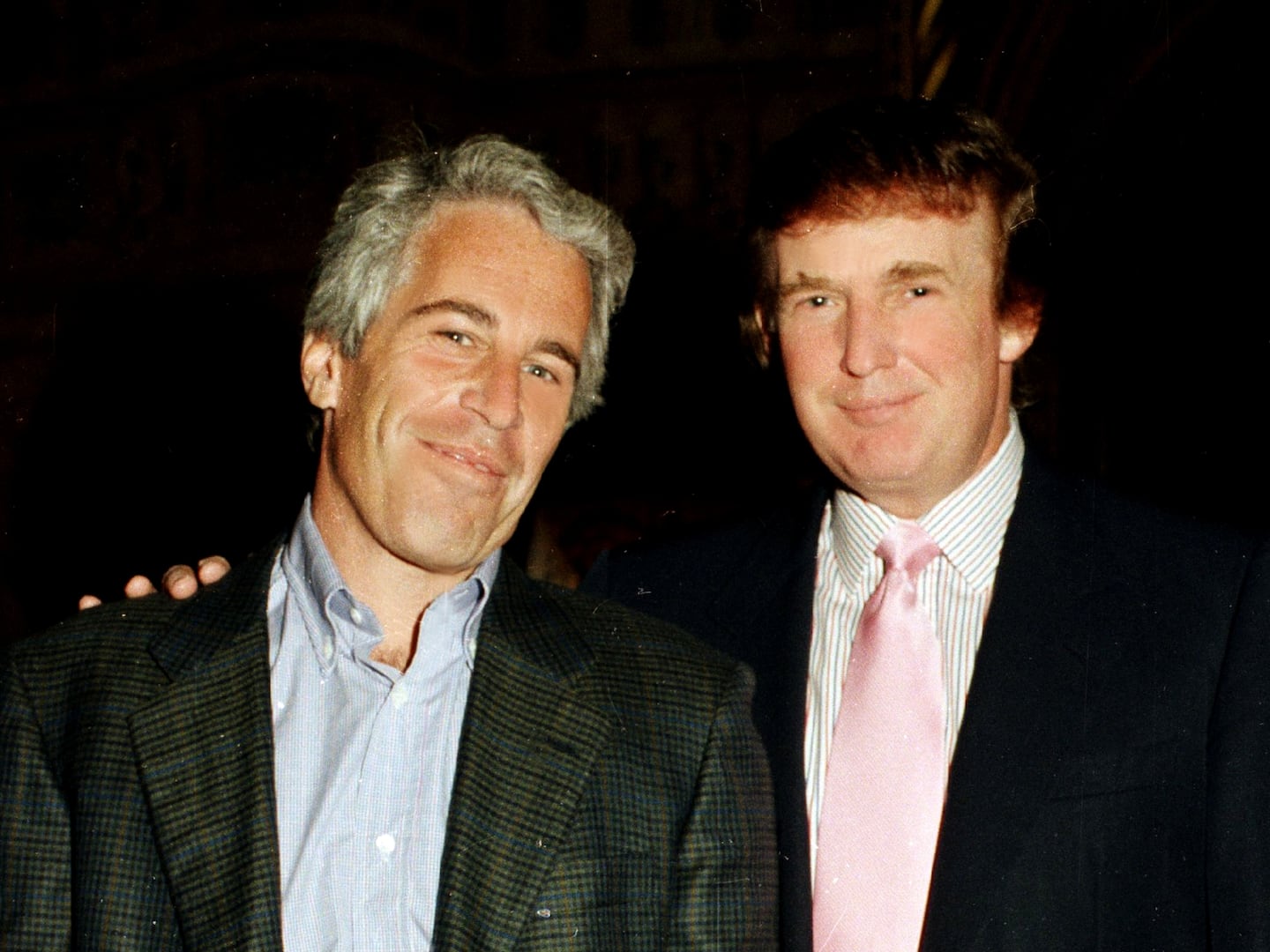What’s happened at the Supreme Court on Thursday?
In a 5-4 decision, the Supreme Court voted to uphold President Obama's signature piece of legislation, including the controversial individual mandate. The individual mandate survived as a tax.
Before we get to what those questions are, let’s back up a little. What, exactly, is the Patient Protection and Affordable Care Act, anyway?
The PPACA, also known as Obamacare, is President Obama’s signature policy that was passed by a majority Democratic Congress in 2010. At around 2,700 pages with some 450 provisions—it is one dense piece of legislation and, as such, extremely confusing and intimidating to tackle. Bottom line, though, is that it’s intended to get more Americans insured, and make insurance more affordable. A lot of people (mostly Democrats) like it well enough, others (mostly Republicans) kind of hate it, and some (mostly average Americans) just don’t know what to think.

If it was already passed in 2010, why are we still debating it?
Though the law passed through Congress, not everyone was excited about it. So 26 states, led by Florida, filed a series of appeals against the law to the Supreme Court challenging, specifically, “the individual mandate,” which threatens a financial penalty for most citizens who do not purchase health insurance by 2014. For a more detailed explanation of how Obamacare landed on the Supreme Court steps, click through The Washington Post’s interactive guide to states that have already determined the law unconstitutional.
Can the federal government actually require people to buy insurance?
According to the Supreme Court, yes they can. Twenty-six states that brought the legislation to court argue that requiring people to purchase health insurance is a violation of the Commerce Clause of the Constitution.
What is the Commerce Clause, you ask? It’s a part of the U.S. Constitution that makes it illegal for the federal government to force its citizens to make any commercial purchases they may not want or need. If the Supreme Court justices agree that requiring people to buy health insurance is, in fact, a violation of this clause, then they’ll deem the health-care legislation unconstitutional.
Wait, is all this fuss just over the individual mandate?
People are pretty hyped about the individual mandate, but no, it’s not the only point of contention. Obamacare also aims to expand Medicaid—the current federal health-care system offered to those lacking in financial resources—to cover 16 million more Americans than it already does. Now that the constitutionality of the law is being questioned—so is the Medicaid provision. The Atlantic offers an excellent, detailed guide to what this expansion actually means and why—constitutional or not—it might actually hurt those people it aims to help.
Are we freaking out for no reason? What’s this talk of the court not even being able to consider the case until 2015?
The funny thing about court cases is seeing what laws or precedents lawyers for either side will throw against the wall in hopes that one will stick. The Anti-Injunction Act has been dusted off from 1867 to make the case that Obama’s health-care law can’t even be argued in court right now. That act—sometimes referred to vaguely as the tax law—says no one can pursue a lawsuit against a tax or fine that hasn’t been paid. In other words, since the rules of the Obamacare individual mandate don’t kick in until 2014, a court case really can’t be argued until 2015. The chances that this argument will work to scrap the case altogether are slim, however. Legal experts and the Justice Department have doubted that argument’s effectiveness in stopping the suit from being heard.
So this is a 5-4 decision? Wasn't this expected?
Many Supreme Court observers had predicted a 5-4 decision, but most had predicted that Justice Anthony Kennedy would the swing vote, not Chief Justice John Roberts, who voted with the liberal wing of the Supreme Court.
Wait, Roberts voted with the lberal wing of the Supreme Court? What?
Yes, you read it right: Roberts voted with the majority opinion, ruling that the individual mandate is, in fact, constitutional. Roberts has led the most conservative bunch of justices the U.S. has seen since the early 1970s. Striking down Obamacare would have solidified this reputation. Even Ruth Bader Ginsburg, the high court’s most liberal member, is actually a lot less liberal than previous lefty justices. Check out Mother Jones's graph on just how conservative the Supreme Court has gotten over the past 75 years.






